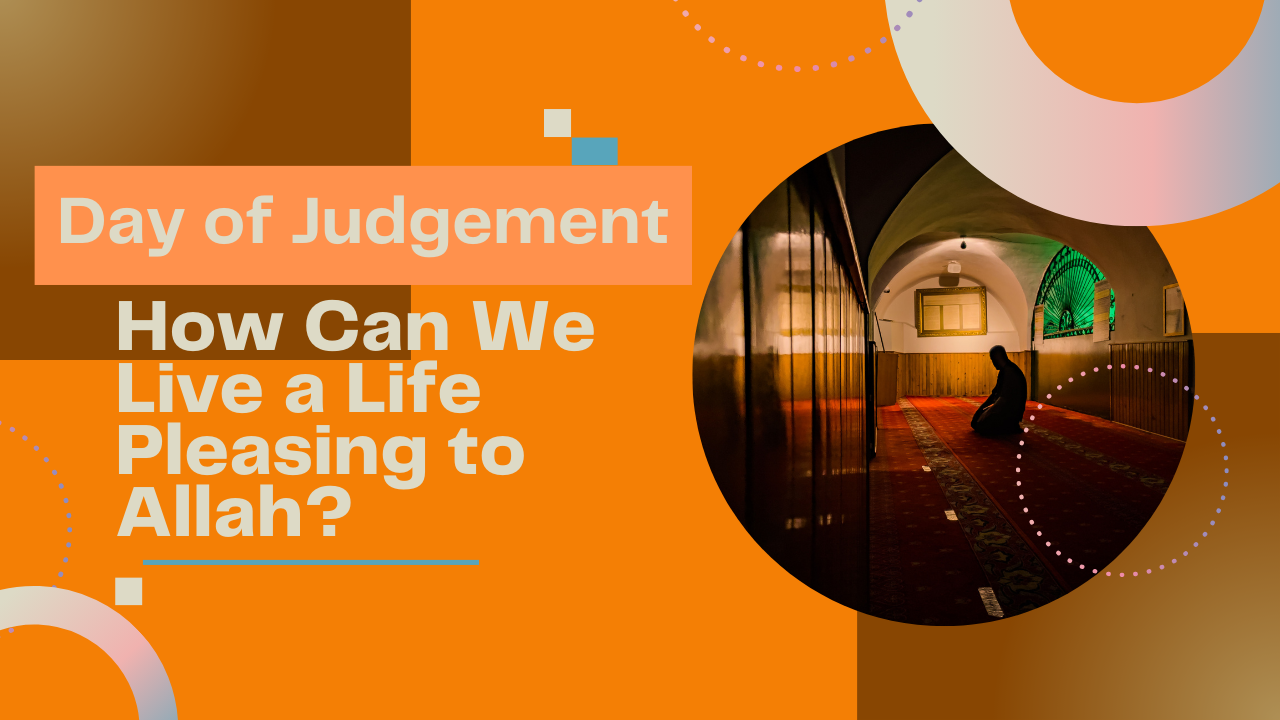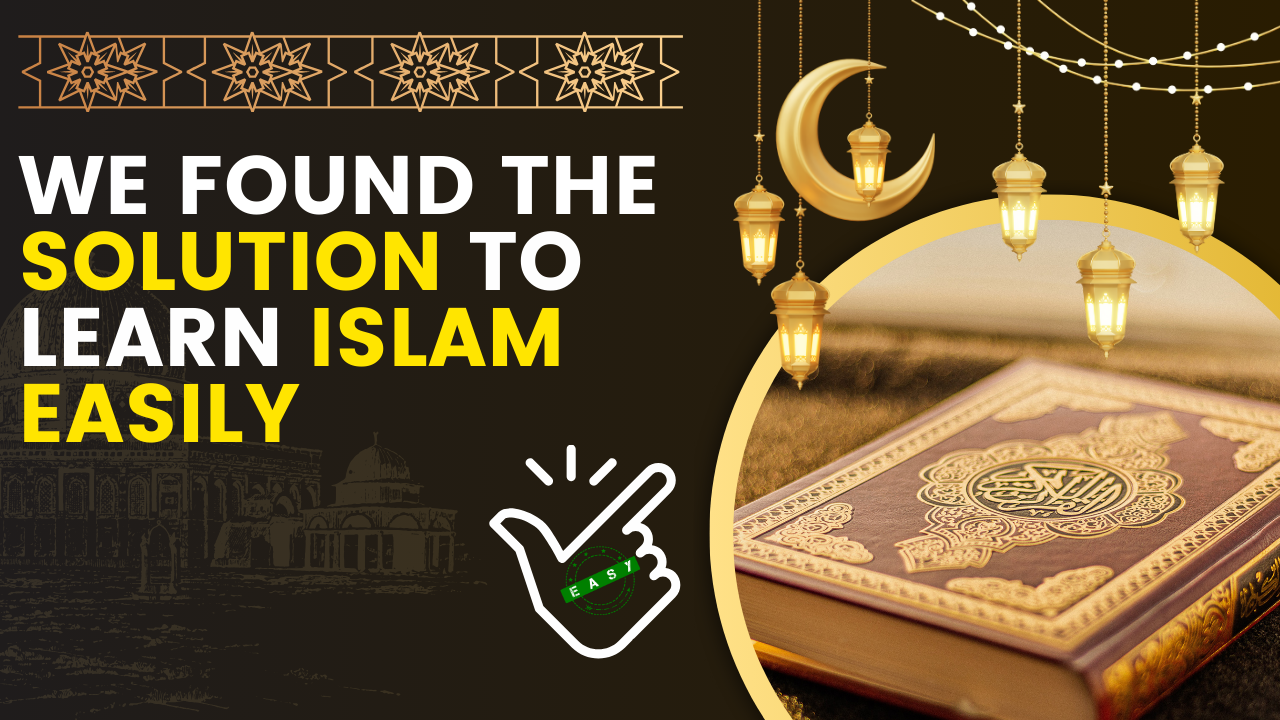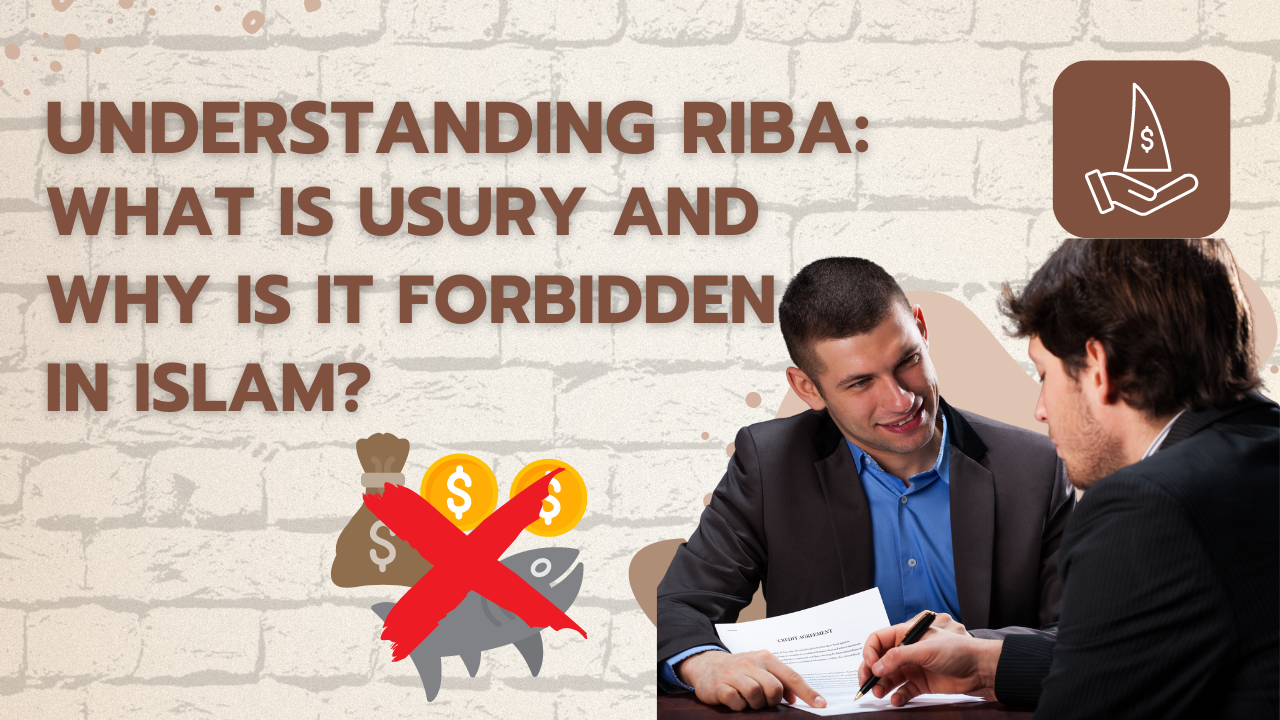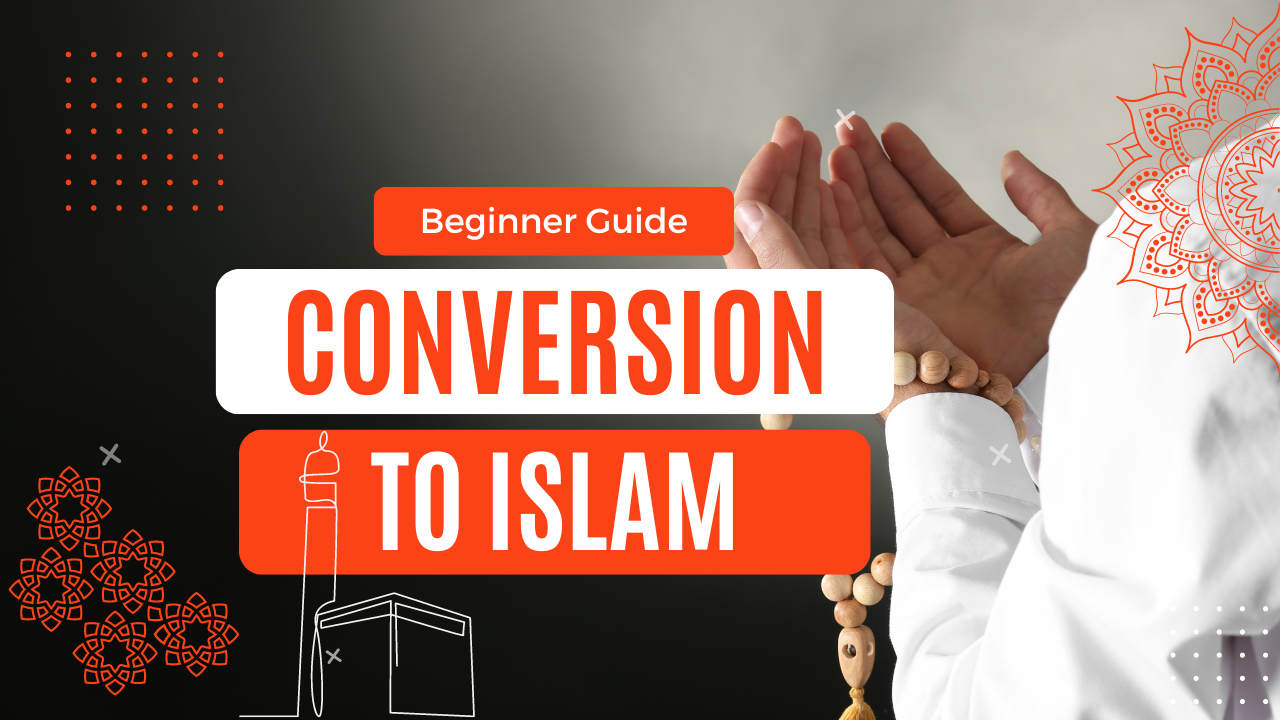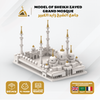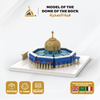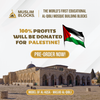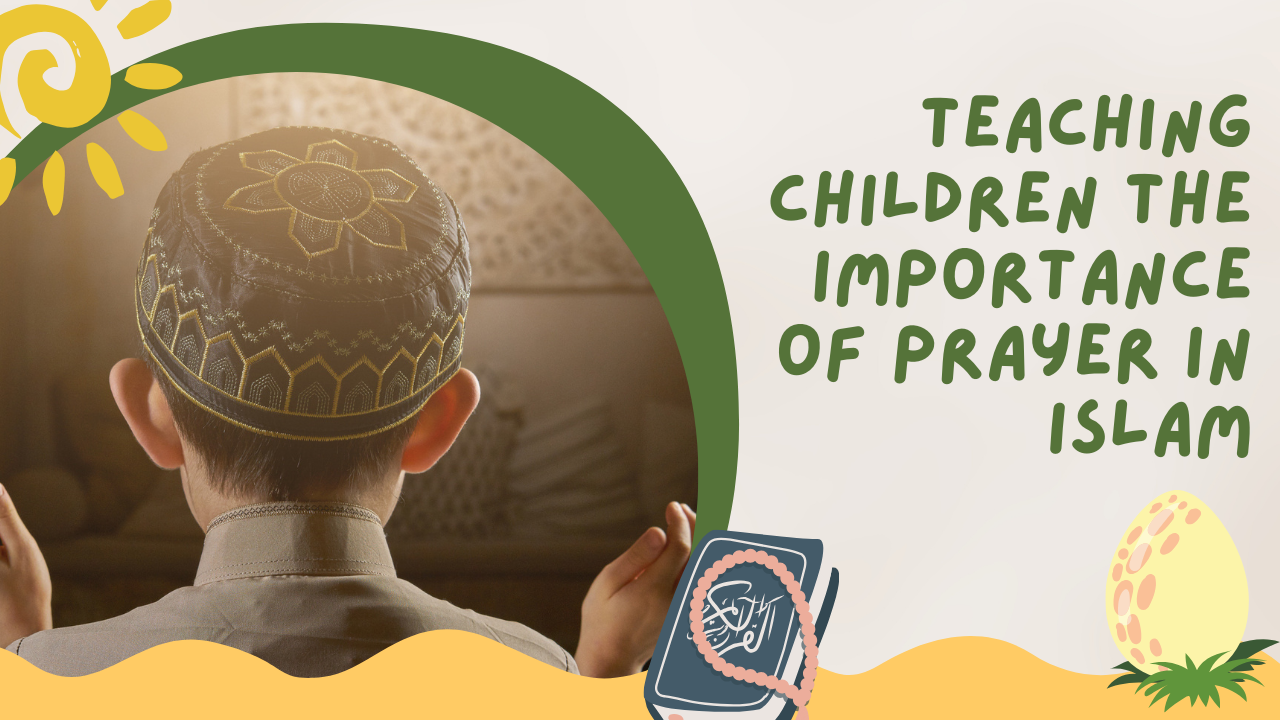Islam, meaning "submission" in Arabic, is a major world religion with over 1.8 billion followers. It emphasizes the oneness of God (Allah) and the teachings of Prophet Muhammad (PBUH). If you're drawn to Islam's principles and considering conversion, this guide provides a roadmap for your exploration.
Introduction
Perhaps you've found yourself drawn to the core tenets of Islam – the emphasis on social justice, compassion for the less fortunate, and the unwavering belief in the oneness of God. Or maybe the rich cultural tapestry of the Islamic world, its traditions of hospitality, and its emphasis on community have resonated with your spirit. Whatever the reason, if you're considering embracing Islam, this guide serves as a roadmap for your exploration.
Understanding the core beliefs
The central belief is in Islam is Tawhid. Allah is the one and only God, the all-powerful creator and sustainer of everything. Muslims believe Allah communicates with humanity through prophets, with Muhammad (PBUH) being the last and final messenger. Islam acknowledges angels (Al-Malaikah) as creations of Allah entrusted with specific tasks, such as recording deeds and delivering divine messages.
The Quran, believed to be the literal word of Allah revealed to Prophet Muhammad (PBUH) through the Angel Gabriel, is the holy scripture that guides Muslims in all aspects of life. Hadiths, collections of the Prophet's sayings and teachings on a variety of topics, are also important sources of guidance for Muslims in their daily lives.
Muslims believe in an afterlife (Al-Yawm al-Akhira) where people are judged by Allah based on their deeds in this life. The concept of Al-Qadar refers to Allah's knowledge and plan, but it doesn't negate free will. Humans have the ability to make choices within the parameters set by Allah.
Taking the first Steps to Islam
The official conversion to Islam is a simple process. Once you have a firm understanding and acceptance of the core beliefs, you declare the Shahada, the testimony of faith.
"Ashhadu an la ilaha illa Allah wa ashhadu anna Muhammadan rasul Allah"
This statement signifies that there is no god but Allah and that Muhammad is the Messenger of Allah. The Shahada can be recited privately or in front of two Muslim witnesses. The focus should be sincerity and conviction in your belief.
Learn the Islamic Practices
Conversion marks the beginning of a lifelong journey of learning and practicing Islam.
Muslims perform five daily prayers (Salat) at specific times throughout the day. Prayers involve specific postures, recitations from the Quran, and direct communication with Allah in a state of supplication and gratitude. These prayers serve as a constant reminder of one's connection with Allah and provide moments of peace and reflection throughout the day.
During the holy month of Ramadan, Muslims abstain from food, drink, and other indulgences from dawn to dusk (Sawm). This practice is a time for spiritual reflection, self-discipline, and empathy for those less fortunate. It allows Muslims to appreciate the blessings in their lives and develop a sense of compassion for those who are struggling.
Zakat is a mandatory charity that helps those in need and purifies one's wealth. It's typically calculated as a percentage of your possessions and serves as a reminder of the importance of sharing and social responsibility.
Hajj, the pilgrimage to Mecca, Saudi Arabia, is a cornerstone of Islamic practice. If physically and financially able, Muslims are expected to perform the Hajj at least once in their lifetime. It's a spiritual journey that emphasizes unity, equality, and submission to Allah. Hajj brings together Muslims from all walks of life, fostering a sense of global community and reminding them of their shared humanity. Pilgrims wear simple white garments, stripping away social distinctions and emphasizing their equality before God.
Embracing the Muslim Community
As you embark on this new path, the welcoming and supportive Muslim community can be a valuable resource. Mosques are centers of worship and community, providing a space for new Muslims to learn, connect, and grow in their faith. Attending lectures and gatherings at your local mosque allows you to connect with other Muslims, ask questions, and gain deeper insights into Islamic practices and traditions. Scholarly resources from established Islamic organizations can also provide valuable knowledge and guidance. Don't hesitate to explore reputable websites, books, and educational materials to broaden your understanding of Islam.
Addressing Concerns and Misconceptions
Some concerns may arise as you embark on this new path. Islam offers guidance on various aspects of life, including diet, clothing, and social interactions. There may be adjustments to incorporate these practices into your daily routine. Don't feel pressured to make drastic changes overnight. Take things at your own pace and seek guidance from the Muslim community or Islamic scholars for a deeper understanding. Coming from a different background, your decision to convert might be met with questions from loved ones. Approach conversations with patience and understanding, emphasizing the positive aspects of your faith and how Islam brings meaning and purpose to your life.
Islam is often misrepresented in the media. Focus on acquiring knowledge from credible sources such as mosques, Islamic scholars, and reputable websites to form your own understanding. Remember, conversion is a personal journey. Embrace the support system within the Muslim community, and never hesitate to ask questions. There are many resources available to guide you on your path.
By enrolling in a Quran class or finding a translation with explanations, you can deepen your understanding of the scripture's message and its significance in the lives of Muslims. The Quran provides guidance on various topics, including worshipping Allah, ethical conduct, treating others with kindness, and living a meaningful life. It serves as a source of comfort, inspiration, and moral compass for Muslims throughout their lives.
Here are some additional tips to make your conversion journey smoother
Connect with Local Muslims: Seek out Muslims in your area who can answer your questions and offer guidance on integrating Islamic practices into your daily life. You can find them at mosques, Islamic centers, or Muslim community groups.
Join Online Communities: There are many online forums and groups specifically for new Muslims. These platforms allow you to connect with others who are on a similar journey, share experiences, and ask questions in a safe and supportive environment.
Be Patient with Yourself: Learning and practicing a new religion takes time and dedication. Don't get discouraged if you make mistakes or find it challenging to adjust to new practices. Embrace the learning process, and remember that the Muslim community is there to support you every step of the way.
Conversion to Islam is a beautiful and transformative experience. By understanding the core beliefs, embracing Islamic practices, and connecting with the Muslim community, you can embark on a fulfilling spiritual journey that brings meaning and purpose to your life. As you continue to learn and grow in your faith, remember that Allah is always there to guide and support you.


